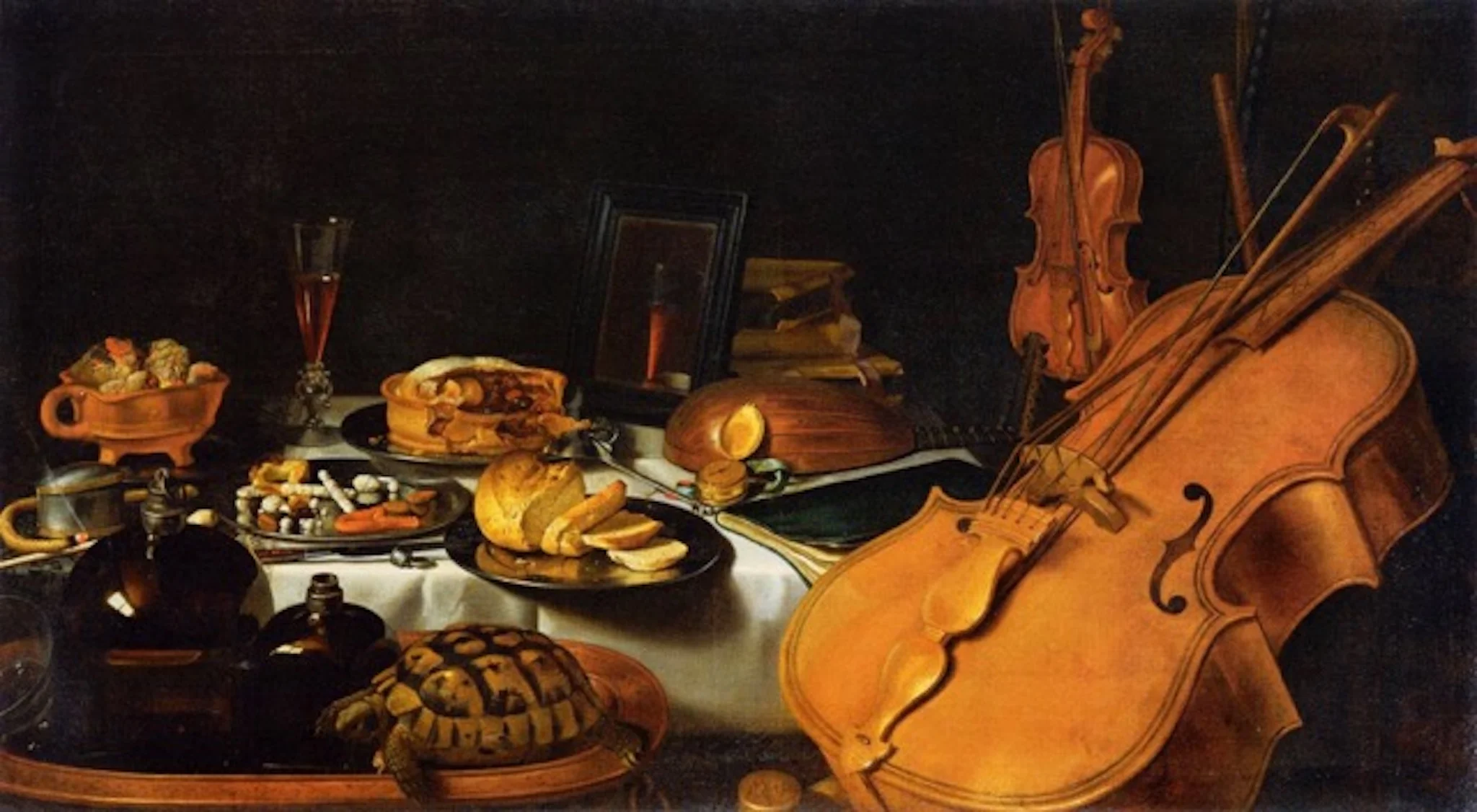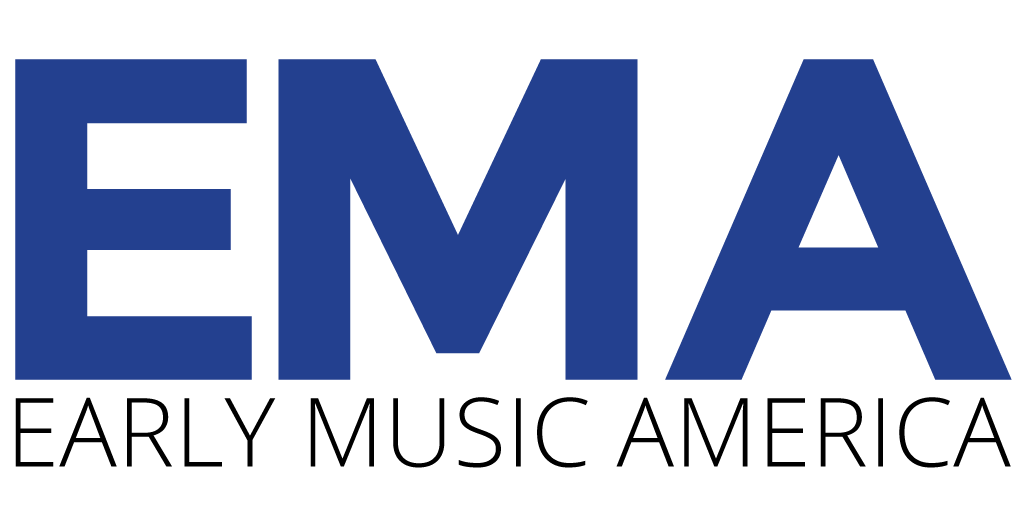Welcome to our September newsletter
Welcome to September! Sarasa's first concert of the season, “Music for 3 Cellos,” is just two weeks away. We’re looking forward to performances in Camrbidge and Lexington, as well as in Brattleboro, VT
Music for 3 Cellos – J.S. Bach and Cervetto
J.S. Bach Suite No. 2 in D minor, BWV 1008 for solo cello
Cervetto Trio II in B-flat major Allegro
J.S. Bach Suite No. 1 in G major, BWV 1007 for solo cello
Cervetto Trio IV in C major Vivace
J.S. Bach Suite No. 3 in C major, BWV 1009 for solo cello
Cervetto Trio VI in C minor Adagio ~ Alla breve ~ Minuetto I & II
Timothy Merton, Jennifer Morsches, Phoebe Carrai, cellos
Friday, 20 September 7:30pm Brattleboro Music Center, Brattleboro VT (tickets: www.bmcvt.org)
Saturday, 21 September 8:00pm Harvard-Epworth United Methodist Church, Cambridge, MA
Sunday, 22 September 3:30pm First Parish in Lexington, MA
Tickets and information www.sarasamusic.org or 617 429 0332
CERVETTO and his Role in Popularising the Cello
Giacobbe Basevi Cervetto (1682-1783) has long been overlooked in the history books, but Sarasa seeks to put that right in our opening weekend of concerts for the 2019-20 season. Timothy Merton, Jennifer Morsches and Phoebe Carrai will be performing three of his Sonatas for three cellos alongside the first three Solo Suites for cello by Johann Sebastian Bach.
“Music is every where the rage!” (The Times, 1764) Along with the many Italian musicians who flocked to London’s busy metropolitan, Livorno-born Cervetto resided in the English capital city for most of his long and successful career. A composer of fine repute, he was the principal cellist at the New Theatre in the Haymarket, the Vauxhall Gardens Orchestra and the Drury Lane Theatre. He was also a dealer in music instruments, and, in a previous journey to England, is said to have brought several Stradivaris with him— direct from the master craftsman’s workshop. Apparently, he had to return them to Cremona as he could not raise the asking price of £5 at the time! (John Dilworth, 2018)
However, sensing change in the air, Cervetto and his cello playing caught the attention of many, including the pre-eminent music historian Charles Burney. He claimed in A General History of Music (4 Vols., 1776-1789) that Cervetto’s presence largely contributed to the rise of the cello’s popularity as a solo instrument in England from the middle of the eighteenth century. Cervetto’s sonatas for solo, two or three cellos- among other chamber music works and a cello concerto —were published and widely available. They mark a transitional stage between the Baroque and Classical eras, in which the cello gained favour over the viola da gamba as a solo instrument in a country whose most illustrious composers and instrument makers had notably concentrated on the bass viol.
An Interview with Phoebe Carrai
In anticipation of her performance alongside Tim and Jennifer, we thought it would be great to interview Phoebe Carrai, fellow cellist of High Street!
Sarasa is excited about your involvement in the opening concert weekend of the new 2019-20 season. When did you first come into contact with Timothy Merton and Sarasa?
I got to know Tim just after returning to the states in 1993 after many years in Europe. We had good friends in common and I was excited for him when he created Sarasa!
With the Bach Suites featured on the upcoming menu, is there a special approach that you take in studying and performing this highly revered music for solo cello?
I love coming back to the suites- such an old friend. I enjoy thinking especially about the bass line, and exploring the "ornaments" that JS Bach wrote into the music. I love to tear it apart and work on phrasing and bowing and then put it back together again. That process never gets old.
Phoebe Carrai jamming!
Who have been some of the biggest influences in your musical life?
I have been so lucky to meet and work with wonderful musical mentors in my life. Those include Leonard Bernstein, Gunther Schuller, Laurence Lesser, Ben Zander, Nicklaus Harnoncourt, Sandor Vegh, and Reinhard Goebel.
Who is one of your favorite composers to perform?
Very hard to name a favorite composer but I do love the Baroque Italian composer, violinist and theorist Francesco Geminiani (1687-1762).
In your many travels, is there one place that sticks out as the most memorable? Why?
I have had the amazing luck to have travelled extensively throughout my career. One place that sticks out is Scotland. Unbelievable landscapes, lovely people and it is where I recorded my Bach Suites.
The role of the cello can sometimes be overlooked by the treble voices or singers in some musical settings. What do you love the most about playing the cello, and the Baroque cello in particular?
I love the resonance and sonority of the baroque cello. Perhaps my favorite thing in the world is to accompany a wonderful singer in an obligato aria from a Handel Oratorio or opera.
You are extremely busy teaching and playing around the USA and abroad most months of the year. How do you like to spend your free time?
I always feel that as fun as it is to travel, the best thing is coming home again. To celebrate, I love to gather good friends and cook a wonderful meal.
We understand you love to cook! What is one of you favorite recipes or foods to prepare?
Right now is tomato season - I just love making watermelon tomato gazpacho. Soups are always a favorite, and it is almost time for pumpkin soup!
If you had your dream vacation, all expenses paid, where would it take you?
I am an ocean person for sure. I would have nothing against some time in Greece!
Thank you, Phoebe, and we look forward to hearing you perform with Sarasa!
An English coffee house, (courtesy of The British Library)
Enjoying a cup of JOE….
….Not only music, but snuff and coffee were all the rage in 18th-century London— and Europe, for that matter. "Like Noah's ark, every kind of creature in every walk of life” frequented the coffee-house. Johann Sebastian Bach liked his dark brew as well as his beer, and forever memorialised caffeine’s popularity in his famous Coffee Cantata, BWV 211, essentially a mini comic opera. Cervetto's final lodgings were above Friburg’s snuff-shop in the Haymarket and he was to be “seen every day at the Orange Coffee-house.”








